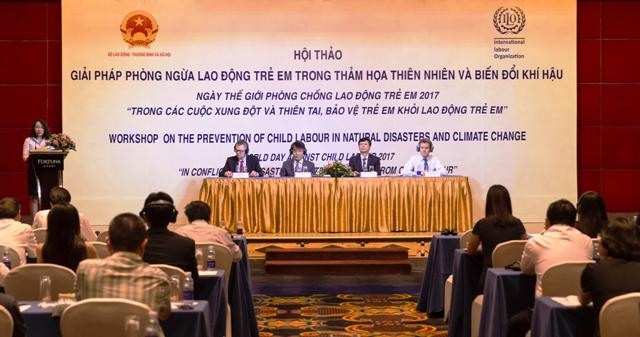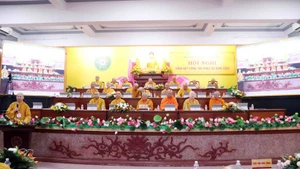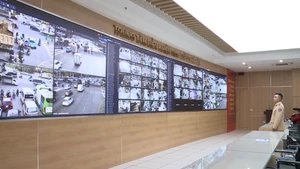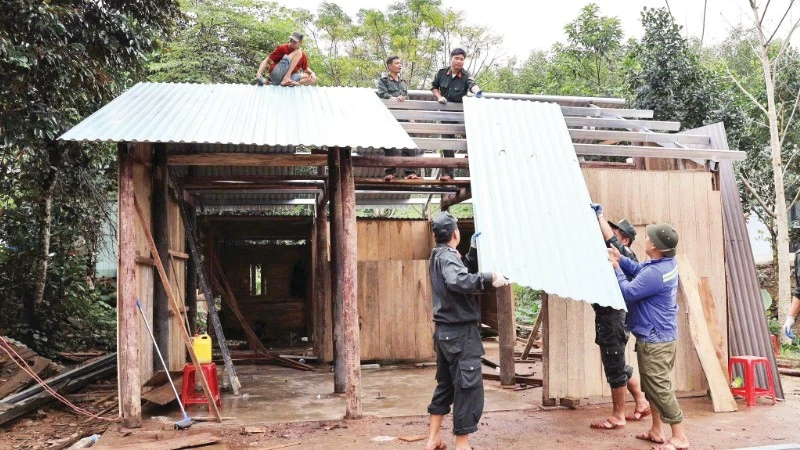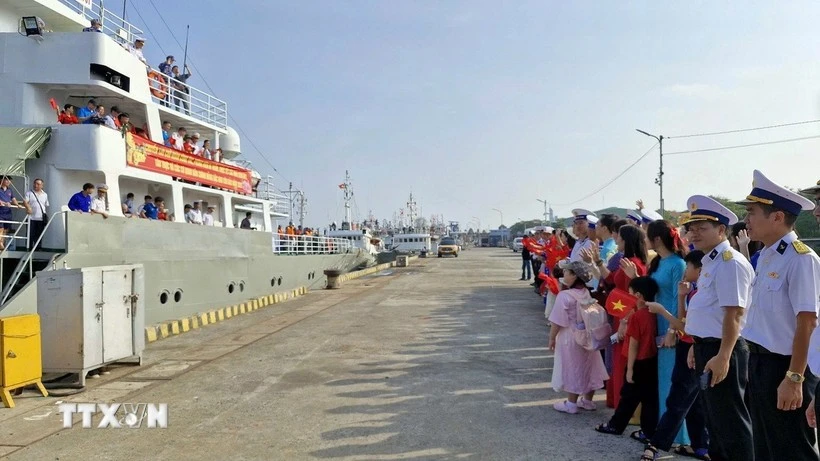It was co-organised by the International Labour Organisation and the Ministry of Labour, Invalids and Social Affairs (MoLISA).
Speaking at the event, MoLISA Deputy Minister Nguyen Trong Dam said disasters have a huge impact on people in terms of property and assets as well as physical and mental health, adding that economic strains often force children to leave school and start working.
Vietnam has worked to support disaster victims, he noted, citing that in 2016 the National Assembly passed the Law on Children, which includes specific regulations on preventing child labour. The law took effect on June 1, 2017. Also in the year, the Prime Minister also approved a programme on the prevention and reduction of child labour for 2016 – 2020.
Dam urged public agencies to design plans that relocate residential areas in disaster-prone areas, implement social welfare policies, and offer child-related services when disasters take place.
Jesper Moller, Acting Representative at UNICEF Vietnam, said since 2000, natural disasters have affected about 2.3 billion people worldwide, of whom up to 60 percent are children.
Children are at high risk of being sexually abused or forced into work in the aftermath of disasters.
He suggested Vietnam invest in child-protection statistics analysis and improve assessment kits for natural disaster damage, which will help the country plan better humanitarian aid for children.
